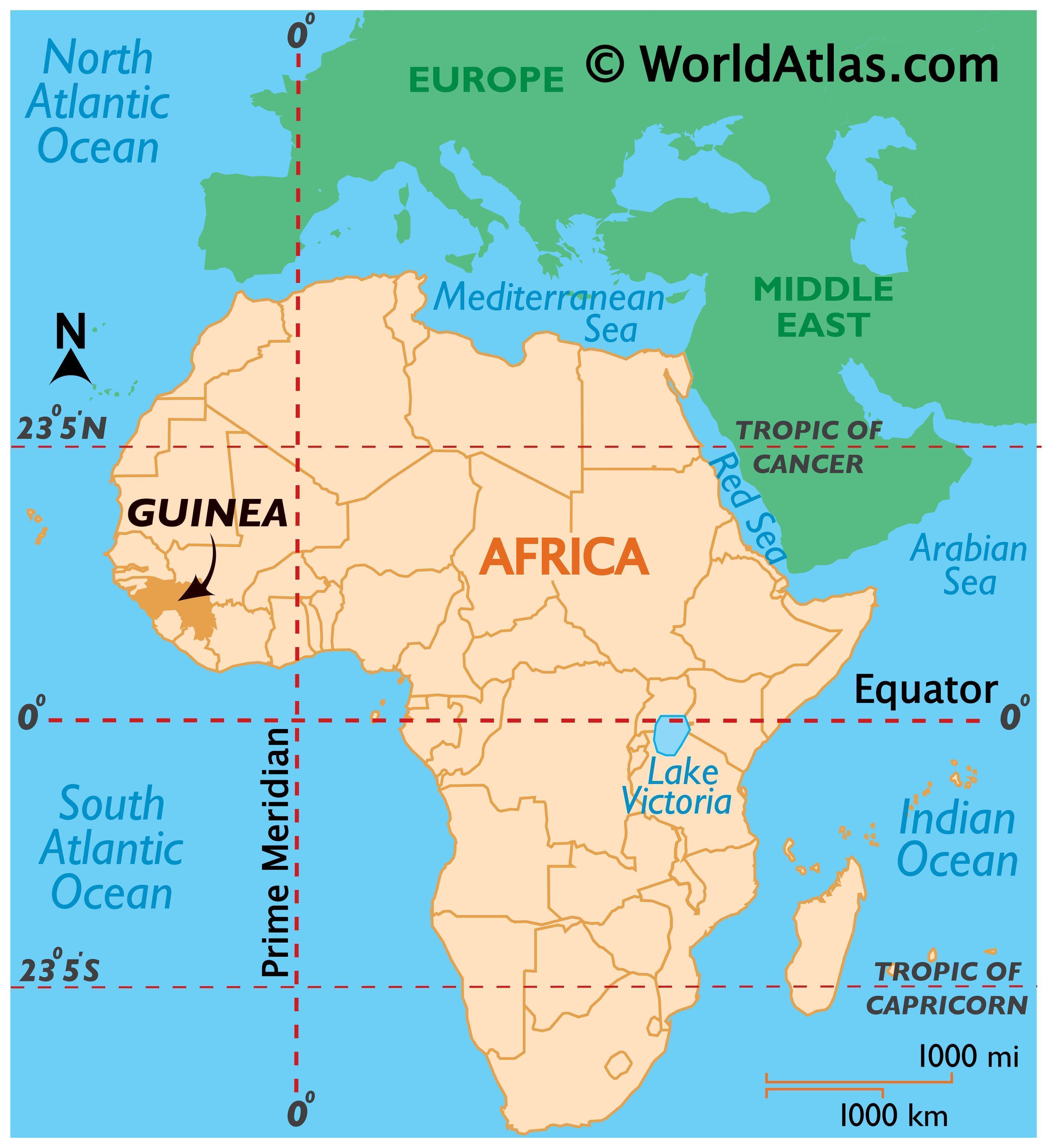 |
| I have no memory of this post. |
I started writing this post about 3 months ago, and promptly got so wrapped up in life that I put off completing it for entirely too long.
When I got home from Cameroon (back in June), on my first day back at work, I got hit with some kind of respiratory virus that put me out of commission for a good long while. I had to leave half-way through a shift (which I hate doing), because I felt so lousy I was worried my legs were going to give out. Turns out I had a fever. My colleagues kept razzing me that, "Oh no! You've got malaria!" It definitely wasn't malaria - I'm pretty sure it was Strep - but regardless, I ended up missing enough work to throw my bank account into mild disarray. Cobwebs and crickets and the like.
Fortunately, there's someone who always provides just enough, just in time. My parents very unexpectedly upgraded their vehicle, offering me their old one to replace mine (which was NOT going to survive another winter). I managed to sell the thing, all 365,000 km of it, somehow, about 2 days before my rent was due. Can you say, "timing?"
Things are a bit more copacetic now, so I'm finally starting to look forward to and make plans for January, when I shall be returning to the good ol' Africa Mercy.
Therefore, as is tradition, let's learn about this year's field service location:
Guinea
Population: 12.4 million
Official Language: French
President: Alpha Condé
Independence from France: 1958
Capitol: Conakry
Official Language: French
President: Alpha Condé
Independence from France: 1958
Capitol: Conakry

The nation of Guinea (sometimes referred to as Guinea-Conakry to distinguish it from its next-door-neigbour, Guinea-Bissau; or slightly further neighbour, Equatorial Guinea; or its other-side-of-the-world-not-neighbour-at-all, Papua New Guinea) hangs out on Africa's western prominence, just south of the Saharan desert regions.
Guinea is currently ranked 175th out of 189 countries on the Human Development Index - a ranking which takes into account education, life expectancy, and relative wealth. It will be the lowest-ranked country I've yet visited, by over 10 points.
If I had been born in Guinea:
I would have had a 50-50 chance of being married before the age of 18 (Guinea has the 5th highest rate of child marriage in the world), and I would likely have had 5 children by now. I probably would have had one of those children as a teenager, and my kids would have a 1 in 10 chance of dying before their 5th birthday. Only 2 or 3 of my kids will get to attend secondary school. And, of course, all of this depends heavily on whether or not I was born in a wealthier, urban region, or an isolated, rural area.
Unfortunately, the most noteworthy thing to happen in Guinea in recent history was the devastating Ebola outbreak in 2014. The death of a one-year old boy in a small Guinean village near a large bat colony is believed to have triggered the outbreak, eventually spreading into neighboring Sierra Leone and Liberia. Initial cases were misdiagnosed and poorly contained, as Ebola had been essentially non-existent in West Africa before this. The resulting delay in quarantine measures allowed the disease to take root in densely populated areas, and led to the largest Ebola outbreak in recorded history. Two years later, when the epidemic was finally quelled, over 11,000 lives had been lost.
Although this epidemic was overwhelmingly dire, it did have one positive outcome: a vaccine has finally been developed that shows a high degree of effectiveness in preventing Ebola. The vaccine was created in Winnipeg, and would have likely have taken decades more to formulate and test had there not been such widespread infection. The vaccine must be stored frozen below -60°C, which presents a challenge for rural areas of Africa, but has been used effectively to help control a more recent outbreak in the DR Congo.
Now. There is no Ebola in Guinea at this time. I'm explaining this because you seem nervous.
 |
| Maybe I was a little bit concerned, but that's not the same thing. |
This was the whole reason the ship ended up spending two years in Madagascar. There is a very limited capacity to isolate patients on board, and it is certainly NOT equipped to deal with such a highly infectious disease. The benefit we could have provided would not outweigh the risk to the patients and crew.
Now, however, the dust has settled. There have been no new cases in West Africa since early 2016, and the WHO has declared the epidemic over. Additional screening precautions will still be taken for every person entering our dock space - temperature checks and further investigation if you've traveled in a high-risk area. Similar screening takes place at most country borders, checking for fever or possible exposure; not just for Ebola but other endemic viruses as well (Zika virus, Lassa fever, Yellow fever, etc).
All that is to say, it's fair to be a little bit concerned, but there are very stringent measures taken to ensure the patients and crew we take on board are safe from infection.
~
I think that's enough about that; for now. I'll dive a little deeper into Guinea's culture and geography in a later post.
As usual, January still feels AGES away, though it's creeping up closer and closer. I'm hoping to have a couple events before then, including the usual, annual brunch extraordinaire; as well as a screening of the National Geographic docu-series that was filmed back in Benin.
Stay tuned...
Stay tuned...
À la prochaine!
-D
Data Sources:
2018 Atlas of Sustainable Development Goals (World Bank)
Human Development Indices and Indicators - 2018 Statistical Update (UNDP)



